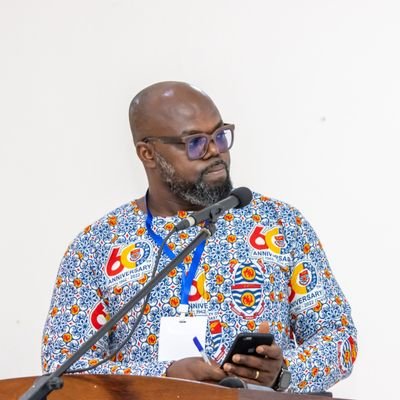Ghana needs stronger institutions and systems to boost the drive toward achieving universal access to improved sanitation under the United Nations Sustainable Development Goals (SDGs) agenda, an expert said here on Tuesday.
Simon Mariwa, a professor of Health and Development Geography at the Department of Geography and Regional Planning at the University of Cape Coast, said this while delivering a paper at a one-day lecture on the Water, Sanitation, and Hygiene (WASH) situation in Ghana.
Speaking on the topic, Institutional Framework for Efficient WASH Services Delivery in Ghana, Prof. Mariwah said strong and functioning institutions and systems were critical to boosting the efficiency of the sector and eliminating the risk of death and economic losses due to low access to sanitation.
Ghana’s slow progress towards achieving universal access to improved sanitation over the past 23 years is due to weak institutions and systems, said the expert.
Although Ghana must be commended for reducing the percentage of households that practice open defecation, from 20.1 percent in 2000 to 17.7 percent in 2021, it must be pointed out that the number of those practicing open defecation has rather doubled, said the expert.
“In absolute numbers, households practicing open defecation increased to 1.5 million in 2021 from 700,000 in 2000,” he pointed out, attributing this to the weak institutional arrangements and malfunctioning systems.

He said Ghana’s situation is dire, with the World Health Organization reporting about 7,635 WASH-related deaths in the country in 2019.
Prof. Mariwah added that scarce resources, demand outstripping supply, complicated policy and institutional issues, sectoral fragmentation, as well as inadequate and expensive financing options, also constituted major contributors to the country’s slow progress on universal access to sanitation.
The expert urged the government to review and strengthen the mandate of the Ministry of Sanitation and Water Resources and clearly define the systems and institutional framework to avoid fragmentation, unhealthy competition for resources, and unnecessary turf wars in the sector.
He called for the establishment of a single ministry for WASH, environment, and related sectors to ensure proper coordination to address the real WASH and environmental sanitation issues facing the country.
The lecture was an initiative of the Coalition of NGOs in Water and Sanitation (CONIWAS), with representatives from the Ministry of Sanitation and Water Resources, development partners, parliament, and other stakeholders in the sector.

In rethinking the institutional framework, strong leadership and coordination are imperatives to prevent fragmentation and competition over resources and ensure effective WASH governance, said Beata Awinpoka Akanyani, chairperson of CONIWAS.
Akanyani supported the expert’s call for a single, focused ministry overseeing WASH and environmental issues to improve coordination, advocacy, and adherence to local and international commitments. Enditem

